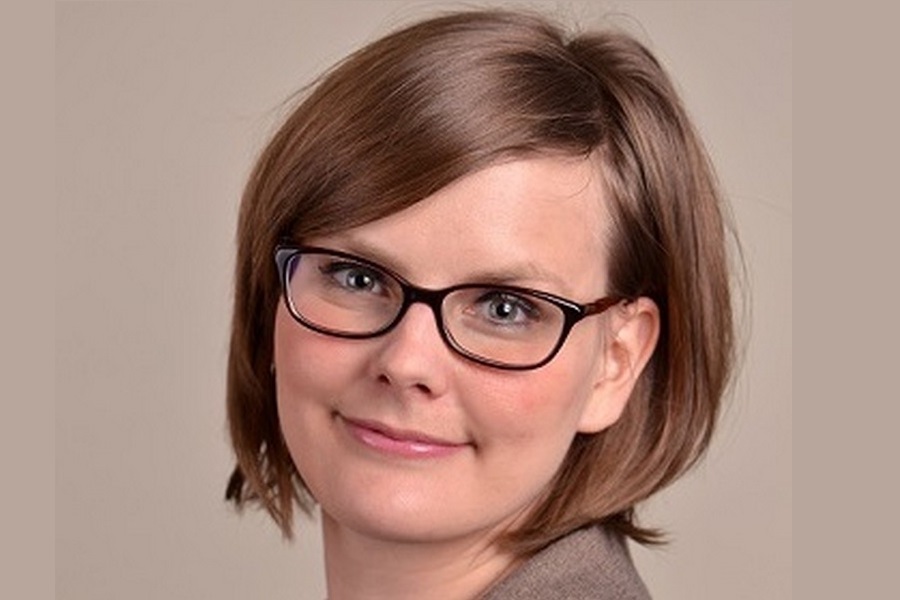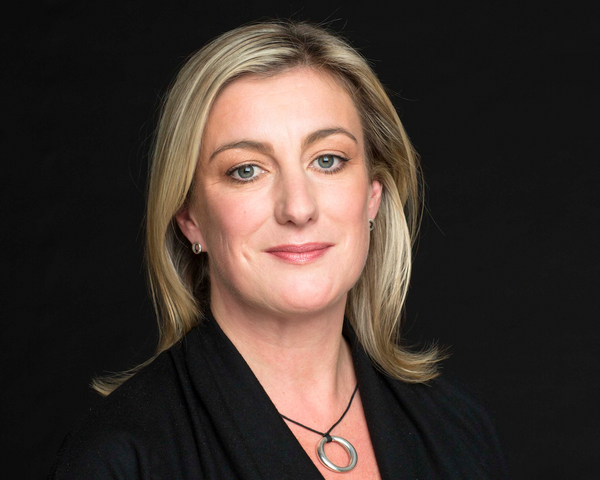
How to mobilise support through digital channels
December 6, 2017
Expert View: How the right legal framework can enable civil society organisations to sink or swim
February 7, 2018The charity sector in Ireland has evolved dramatically over the past couple of years, seeing the introduction of Charities Institute Ireland and a new charities regulator. Fundraising Europe interviews Lucy Masterson, CEO of Charities Institute Ireland about the organisation’s work to re-define the sector’s future.
[Fundraising Europe] Charities Institute Ireland has just produced a manifesto for the Irish charity sector twenty years from now. What was the rationale behind this?
[Lucy Masterson] In a nutshell, to draft a vision for the future of the charity sector in Ireland.
Charities 2037 came about after a discussion around the need for a national conversation about the role and future of the charity sector.
While the charitable and voluntary sector has always formed a key part of Irish society, much of it went unregulated and unaccountable. Irish society, government and the charities themselves need to consider what expectations they have of each other. What society wants and what charities can give needs to be reviewed.
Charities 2037 aims to provide stakeholders with the opportunity to consider how the charity/not for profit sector should develop over the next two decades. It was designed to both engage and challenge people to describe how they see the role of charitable organisations developing.
In effect, we are seeking to write a manifesto for the charity sector for 2037 – outlining its promise and purpose; its responsibilities; its shape and structure and its future direction.
The study (funded by The Ireland Funds) included surveys with over a thousand members of the public, hundreds of charity staff and volunteers and in-depth interviews into the views of a range of stakeholders; charity leaders, the public, Government ministers, opposition politicians, opinion formers, media, academics and philanthropists.
It concludes that the charity sector will remain a core part of Irish society in 2037 but that it needs to be planned strategically.
What needs to change and why?
Irish society has a long history of philanthropy, but the last decade has seen so much change in our country. We have suffered catastrophic economic collapse and moved to recovery – albeit with huge pain.
We are living in a period of transition and change. The latest revolution in technology and economics has changed the way we shop, the way we bank, the way we consume media. Our sense of local engagement has changed. And, the charity sector has also undergone a huge period of change. Until recently it was unregulated and in some cases unaccountable. This has made rebuilding trust and confidence a slow and painful process.
Charities Institute Ireland was formed just 12 months ago – the result of a merger between Fundraising Ireland and ICTR (Irish Charities Tax Reform Group). We were established to help rebuild our sector and in 12 short months we are proud at what we have achieved together with our members and with the support our funders.
We are clear in our focus. By supporting the very best charities committed to transparency accountability and delivering impact we will help drive this sector forward. And that has been our strategy ever since.
To date we have 190 members, the best known and well regarded fundraising charities. Their combined total revenue is in excess of €2bn. The Irish Charities Regulator estimates the total value of the charity sector is in the region of €5bn. This means that Charities Institute Ireland’s members account for approximately 40% of the total value.
What does Charities Institute Ireland hope to do to restore public trust and strengthen the sector?
When our sector is weak, people suffer. So our job is to continue to build on the work we have done, to continue to educate and professionalise the sector, to lobby government, the implementation of the Triple Lock (standards mark) and to drive the stories that demonstrate the impact of the sector’s work. To always be forward looking and striving to be the best we can be.
In just one year since launch, we’ve doubled the numbers of charities who are triple locked (demonstrating transparent reporting, ethical standards and good governance structures), developed the first codes of best practice for fundraising in Ireland and trained over 600 fundraisers through EFA and CPD accredited education programmes. We’ve also successfully continued ICTR’s lobbying campaign for the introduction of a VAT compensation scheme.
We have started to communicate the impact of Irish charities on society through Meet Ireland – a new programme which includes a series of online articles about the impact of our members work and a new video.
Huge progress has been made, but we’ve come from a position of crisis mode into one of crisis management and evolution. The challenge now is to work with other stakeholders strategically together to ensure a clear and focused future for charities in Ireland.
What other changes need to be made?
There are several core issues that need to unapologetically be put up front and centre by the sector. This includes organisational change and development; questioning the role and purpose of every charity and communicating that purpose clearly.
Charity trustees need to clearly explain where funding is going and the importance of paying competitive wages to attract the best and brightest staff to the sector. There needs to be a clear merit to working in charitable organisations as well as an obvious career trajectory so that the best professionals and future leaders will be encouraged into charities rather than other sectors.
And of course regulation. The role of regulation should be to create a more effective and transparent charity sector with more carrot than stick approach.
What is government doing to support the charity sector in Ireland?
The Government established The Charities Regulator, which is actively working towards enforceable standards for the charity sector in accounting and reporting standards. Their main focus is on ethical fundraising, transparent reporting and good governance, echoing the three strands of our Triple Lock.
We are very insistent that the organisations who join Charities Institute Ireland, who benefit from our voice are signed up to this triple lock standard.
What will the sector look like in 2037?
Our vision is that the sector will be understood by all in society for the benefits that it brings to our society. That it will be playing to its strengths; that it’s passionate, flexible, impactful with people at its core. It will be transparent and open, with the ability to move quickly and it will be a key part of an engaged and compassionate society.
We’ve got some way to go with this just now, but we’re building on this strategic framework in 2018 and, with active involvement of our stakeholders, we hope to redefine the sector’s future at the heart of Irish society.
About Lucy Masterson
Lucy Masterson is CEO of Charities Institute Ireland, the newly formed entity between ICTR and Fundraising Ireland, which exists to support and enable charities to create positive social change.



